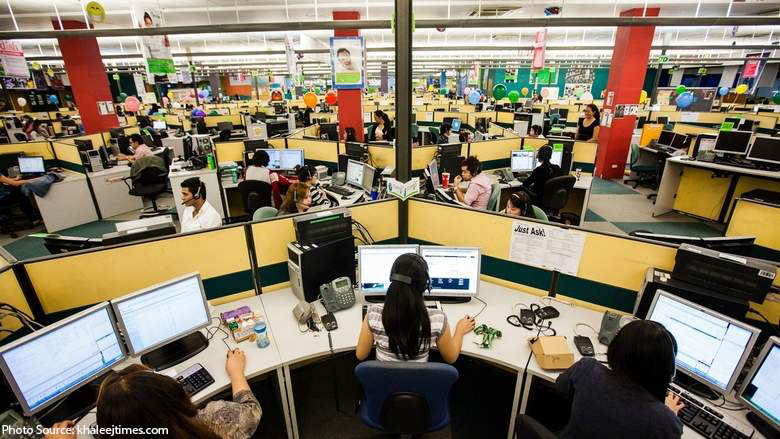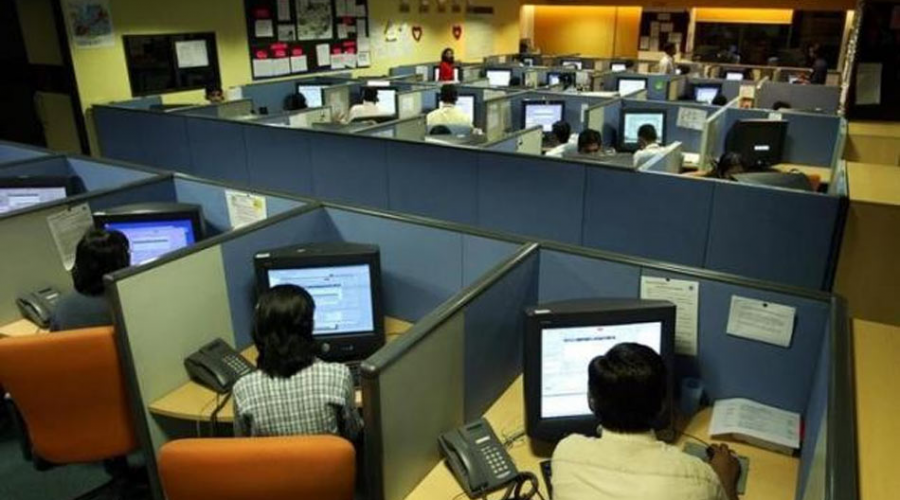Sen. Bam to probe job threats in BPO sector
Sen. Bam Aquino will examine the threats to jobs in the business process outsourcing (BPO) sector, including Artificial Intelligence (AI) and the effects of the Tax Reform Acceleration and Inclusion (TRAIN) Law.
After receiving reports that the BPO sector may need to reduce their workforce or set aside expansion plans in the country, Sen. Bam set a second hearing on the issue on Monday (March 12).
“The BPO sector is a major source of livelihood for Filipino families. We cannot afford to give away job security and job opportunities, especially with the rising prices of goods,” said Sen. Bam.
Sen. Bam revealed that several BPOs may relocate, abort expansion, or re-shore workers due to the effects of the TRAIN Law.
“When we first conducted the hearing last year, AI emerged as the main threat to our BPO industry. Now, we saw the need to include the government tax reform program as it is also taking a toll on the sector,” said Sen. Bam, chairman of the Committee on Science and Technology.
During the TRAIN’s period of amendments, Sen. Bam pushed for the retention of a special tax rate for regional operating headquarters and regional headquarters (ROHQs/RHQs). However, the provision was vetoed by Malacanang, much to the dismay of the BPO sector.
Sen. Bam said the veto will lead to an increase in cost of doing business, which will affect the status of 5,000 workers and prevent other BPOs from setting up shop in the Philippines.
On the part of artificial intelligence, the Information Technology and Business Process Association of the Philippines (IBPAP) mentioned that they are anticipating a decline in demand for low-skilled jobs in the IT-BPO industry of about 43,000 jobs by 2022.
However, Sen. Bam allayed fears by calling on government agencies and private companies to work together to upgrade skills and abilities of Filipino workers through training and education.
Sen. Bam emphasized the opportunity presented in the IBPAP report that if the existing IT-BPO workforce and if fresh college graduates are re-skilled and up-skilled, “we can meet the anticipated increase in demand of 388,000 jobs for mid-skilled tasks, and 309,000 jobs for high-skilled tasks in 2022.”


Recent Comments